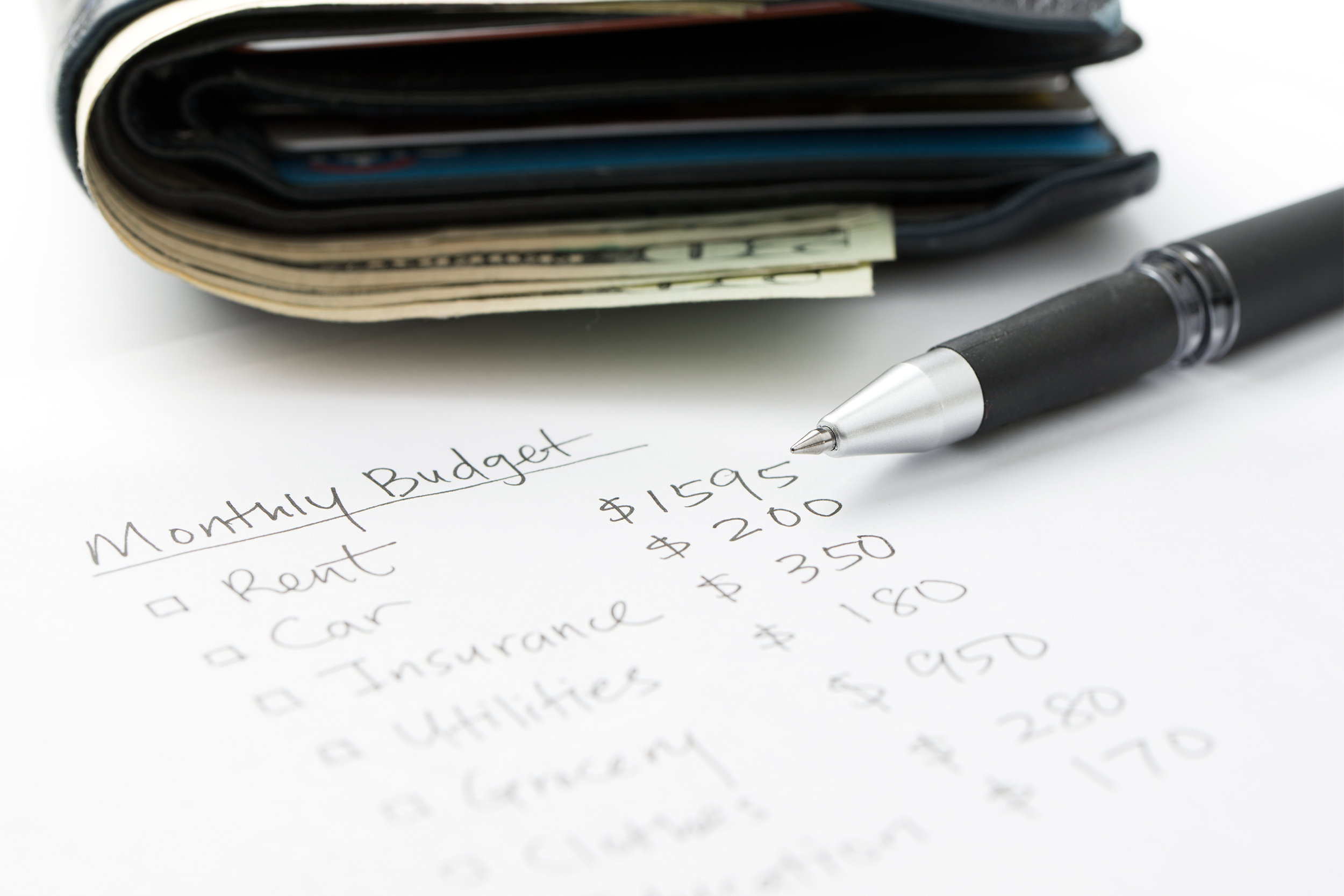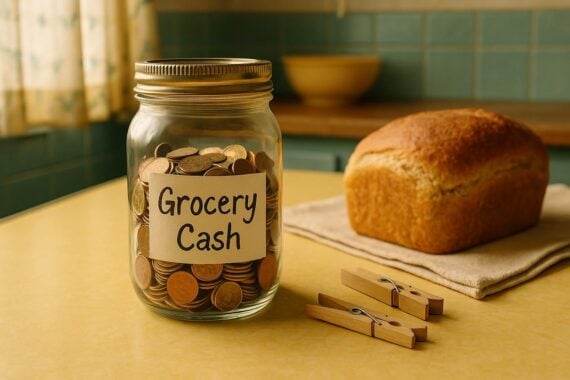Creating a household budget is a challenging task, but it’s also one of the most necessary. The internet is full of tips from self-styled personal finance “experts,” but which advice is correct and will help you get through every month with as little pain as possible?
Avoid these 10 mistakes when you’re making your household budget. This will help keep you from sabotaging your own plans and financial wellness. Also, while all these tips will help you get your financial house in order, we strongly recommend you speak with an accredited financial adviser before putting any plan into action.
1. Not Tracking Your Expenses

You can’t budget if you don’t know where your money’s going. Start by tracking every single dollar for a month. Yes, every single one. You’ll be amazed at how it all evaporates in the space of a single 24-hour day, and taking stock of the amount of junk you waste your money on will be very informative and eye-opening.
2. Forgetting to Budget for Fun

You’ll blow your budget if you don’t leave room for hobbies, dining out, or little treats. Balance is key. So is admitting that part of your monthly earnings goes to things you may not be thinking about or don’t want to admit to. But you must! So, account for all your TV streaming apps, the coffee you buy on the way to work, and other little expenditures that need to be considered.
3. Being Unrealistic About Spending Habits

Setting a $50 monthly grocery budget when in reality you’ve been spending $400 every month won’t work. Be honest about what’s doable, and be honest about what you do. If your grocery budget requires you to whip out that credit card to buy everything, then you need to revise it to reflect what money you’re spending.
4. Ignoring Irregular Expenses

Did you forget about that yearly car registration? Holiday gifts? Annual subscriptions? Add those irregular costs to your budget so they don’t sneak up on you. And we promise they will sneak up on you, just as they do on everybody.
5. Not Adjusting for Income Changes

If your income fluctuates, your budget should do the same. Make adjustments to avoid overspending in lean months, especially if you’re a gig worker or some other type of wage earner whose pay varies from month to month.
Trending on Cheapism
6. Overcomplicating Your Budget

While keeping track of everything you spend is essential, it is possible to go a little too crazy hyper-documenting every 3-cent surcharge and every nickel you find on the sidewalk. Unless you own multiple businesses, a 15-tab spreadsheet isn’t necessary to keep track of things. In fact, if it’s overly complicated, you may even mess it up. So keep it simple, and ensure you’ll stick to it.
7. Not Prioritizing Savings

“Pay yourself first” isn’t just a saying — it’s a must. Build savings into your budget, even if it’s just a tiny amount, and make sure you stick to it, no matter how small the contributions are. We know it’s rough out there and that people living paycheck to paycheck may feel like they can’t afford to save. Still, putting aside even a small amount is worth doing, and it adds up over time. So stick with it.
8. Underestimating Small Purchases

Famously tone-deaf internet financial experts have been dealing out the most unhelpful tips imaginable for quite a few years now, and the most emblematic of those tips advised then-young Millennials to make coffee at home to build their nest egg. As tone-deaf and unhelpful as that advice was, the principle behind it – tracking all your expenses – is solid. Those $5 coffee runs add up, so track every little expense so they don’t derail your plan.
Sign up for our newsletter
9. Skipping Emergency Fund Contributions

Life happens. Cars break down. Medical bills pop up. Boilers break. From the merely irritating to the existentially menacing, stuff will come up that you’ll need a rainy-day fund to accommodate. So, while it’s impossible to know what unforeseen calamity you might need to save up for, save up for it anyway so you’re ready for the unexpected.
10. Failing to Communicate with Your Partner

This is a big one that has the ability to destroy marriages. If you’re not open and communicative with your partner about the financial situation you share, it can put a lot of stress on your otherwise happy union, especially if you make a major purchase and forget to tell your spouse. Trust us, they will notice that there are hundreds of dollars missing from the checking account, and even if it simply slipped your mind to disclose it, stuff like that can create trust issues in couples. So be truthful and forthcoming about all of it. You’re both in this together.
For more smart personal-finance tips, sign up for our free newsletters.






